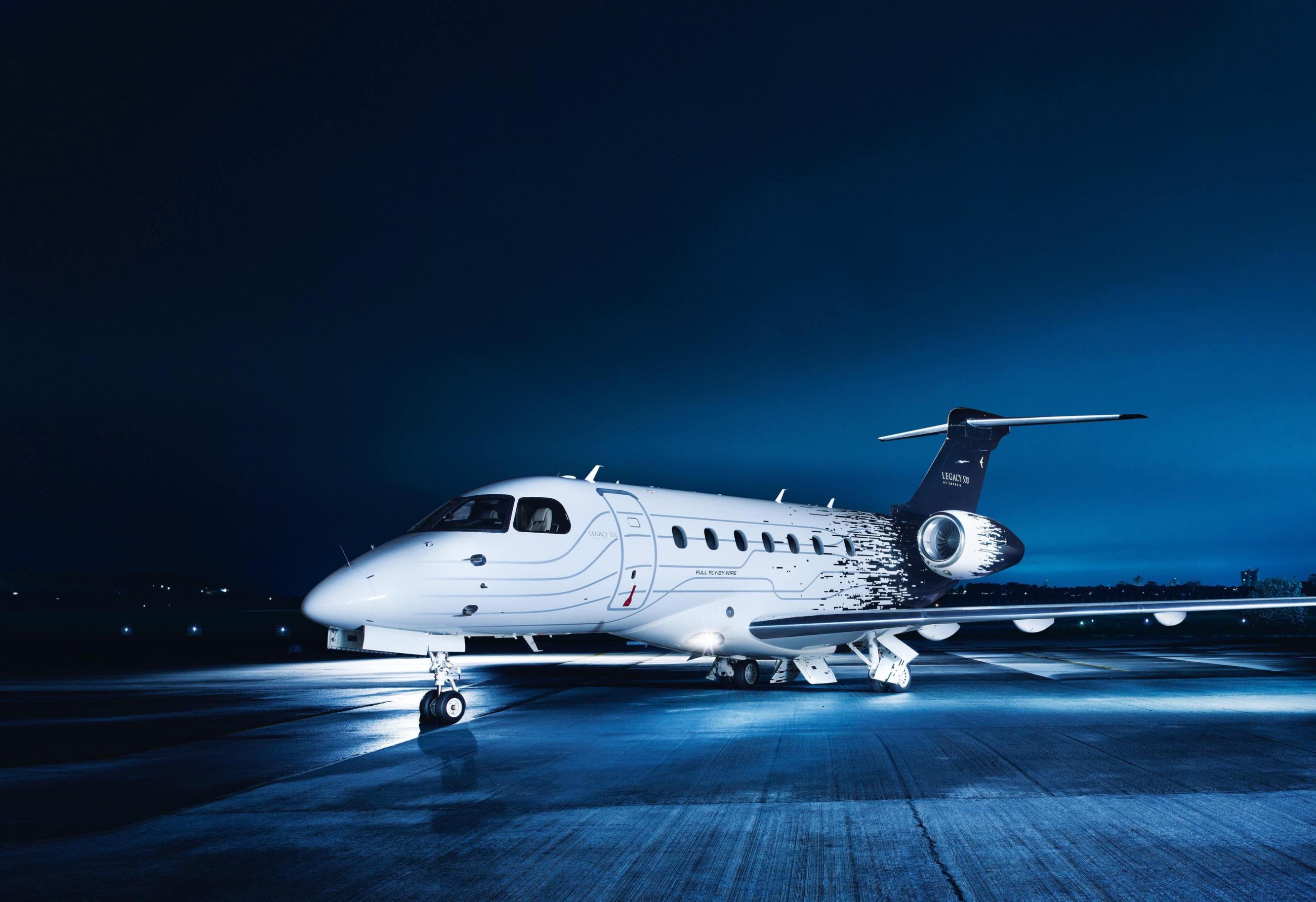Charter air flights have grow to be a major component of the aviation business, offering an alternate to traditional commercial airways. These flights provide unique advantages for travelers, businesses, and even governments, permitting for greater flexibility, personalised service, and access to distant locations. Nevertheless, they also come with challenges that have to be addressed to make sure safe and environment friendly operations. This article examines the advantages, challenges, and future trends of charter air flights, offering a comprehensive overview of this dynamic sector.
Understanding Charter Air Flights
Charter air flights are non-scheduled flights which are booked by people, groups, or organizations for specific journeys. Not like business airways, which operate on fixed schedules and routes, charter flights may be tailored to fulfill the unique needs of the passengers. This flexibility allows travelers to choose their departure instances, destinations, and even the kind of aircraft used. Charter flights will be organized for varied functions, including leisure journey, corporate events, medical emergencies, and cargo transport.
Advantages of Charter Air Flights
- Flexibility and Comfort: One in every of the primary advantages of charter flights is their flexibility. Travelers can choose when and the place they want to fly, avoiding the constraints of economic airline schedules. This is especially beneficial for business travelers who need to achieve multiple destinations in a brief interval or for groups traveling to occasions or particular events.
- Access to Distant Locations: Charter flights can entry airports that aren't serviced by commercial airlines, making it potential to succeed in remote or underserved destinations. This is very worthwhile for industries such as mining, oil and fuel, and tourism, where access to particular locations is crucial.
- Personalized Service: Charter flights usually provide a higher stage of service in comparison with commercial airways. Passengers can expect more attentive workers, customized catering options, and amenities tailored to their preferences. This customized experience enhances traveler consolation and satisfaction.
- Time Effectivity: Charter flights can considerably cut back travel time. Passengers can avoid long security strains, boarding procedures, and layovers related to industrial flights. Moreover, charter flights can fly on to the destination, bypassing the necessity for connecting flights.
- Privateness and Safety: For prime-profile people, executives, or households, charter flights offer a level of privateness and security that business airways can not present. Passengers can travel without the scrutiny of the general public eye, making it a gorgeous option for those who worth discretion.
Challenges of Charter Air Flights
Despite their many advantages, charter air flights also face a number of challenges that impact their operations and growth.
- Regulatory Compliance: Charter operators must adhere to strict rules set by aviation authorities, which might fluctuate by nation. Compliance with security requirements, maintenance protocols, and operational procedures is essential to ensure passenger safety and forestall authorized points.
- Cost Considerations: Whereas charter flights can be value-effective for teams or companies, they may be more expensive on a per-passenger foundation compared to industrial airlines. If you adored this article and you would such as to obtain even more information concerning international private jets charter cost, https://Reswis.com/, kindly browse through our site. This may restrict accessibility for some travelers, particularly those on a tight price range.
- Market Competition: The charter flight market is extremely aggressive, with quite a few operators vying for patrons. This competitors can lead to cost wars and diminished revenue margins, making it difficult for smaller operators to maintain their companies.
- Environmental Affect: The aviation business is below rising scrutiny regarding its environmental affect. Charter flights, significantly these utilizing older aircraft, can contribute to larger emissions per passenger compared to business airlines. As sustainability turns into a priority, charter operators should explore methods to reduce their carbon footprint.
- Operational Challenges: Weather circumstances, air traffic control restrictions, and logistical points can impact charter flight operations. Unlike industrial airways, which have established routes and schedules, charter flights could face extra unpredictability, requiring operators to be agile and adaptable.
Future Developments in Charter Air Flights
Because the aviation industry continues to evolve, a number of developments are shaping the future of charter air flights.
- Technological Developments: The combination of know-how within the charter flight industry is transforming operations. Online booking platforms, mobile apps, and superior communication tools are making it simpler for customers to arrange flights and for operators to handle logistics. Additionally, improvements in aircraft design and efficiency are enhancing performance and reducing operational costs.
- Sustainability Initiatives: In response to growing environmental concerns, many charter operators are investing in additional gas-environment friendly aircraft and exploring alternative fuels. The usage of electric and hybrid aircraft is gaining traction, promising to scale back emissions and promote sustainability throughout the industry.
- Elevated Demand for Private Journey: The COVID-19 pandemic has led to a surge in demand for private jet rental cost travel, as individuals and companies search to minimize exposure to crowded environments. This development is prone to proceed, with extra travelers choosing charter flights as a safer and more private different to business airways.
- Enlargement of Services: Charter operators are diversifying their offerings to attract a broader buyer base. This includes providing further companies comparable to concierge help, floor transportation, and bespoke travel experiences. By enhancing the overall journey experience, operators can differentiate themselves in a competitive market.
- Regulatory Modifications: As the aviation panorama shifts, regulatory our bodies might adapt their insurance policies to handle emerging challenges and opportunities. This could embrace streamlined processes for charter operators, updated security standards, and new frameworks for environmental compliance.
Conclusion
Charter air flights characterize a significant section of the aviation trade, providing quite a few benefits equivalent to flexibility, access to remote areas, and customized service. Nonetheless, additionally they face challenges related to regulation, value, and environmental affect. As the industry evolves, technological developments and sustainability initiatives will play a vital function in shaping the way forward for charter air flights. By addressing these challenges and embracing new tendencies, charter operators can thrive in an increasingly aggressive panorama, offering precious companies to travelers and businesses alike.







